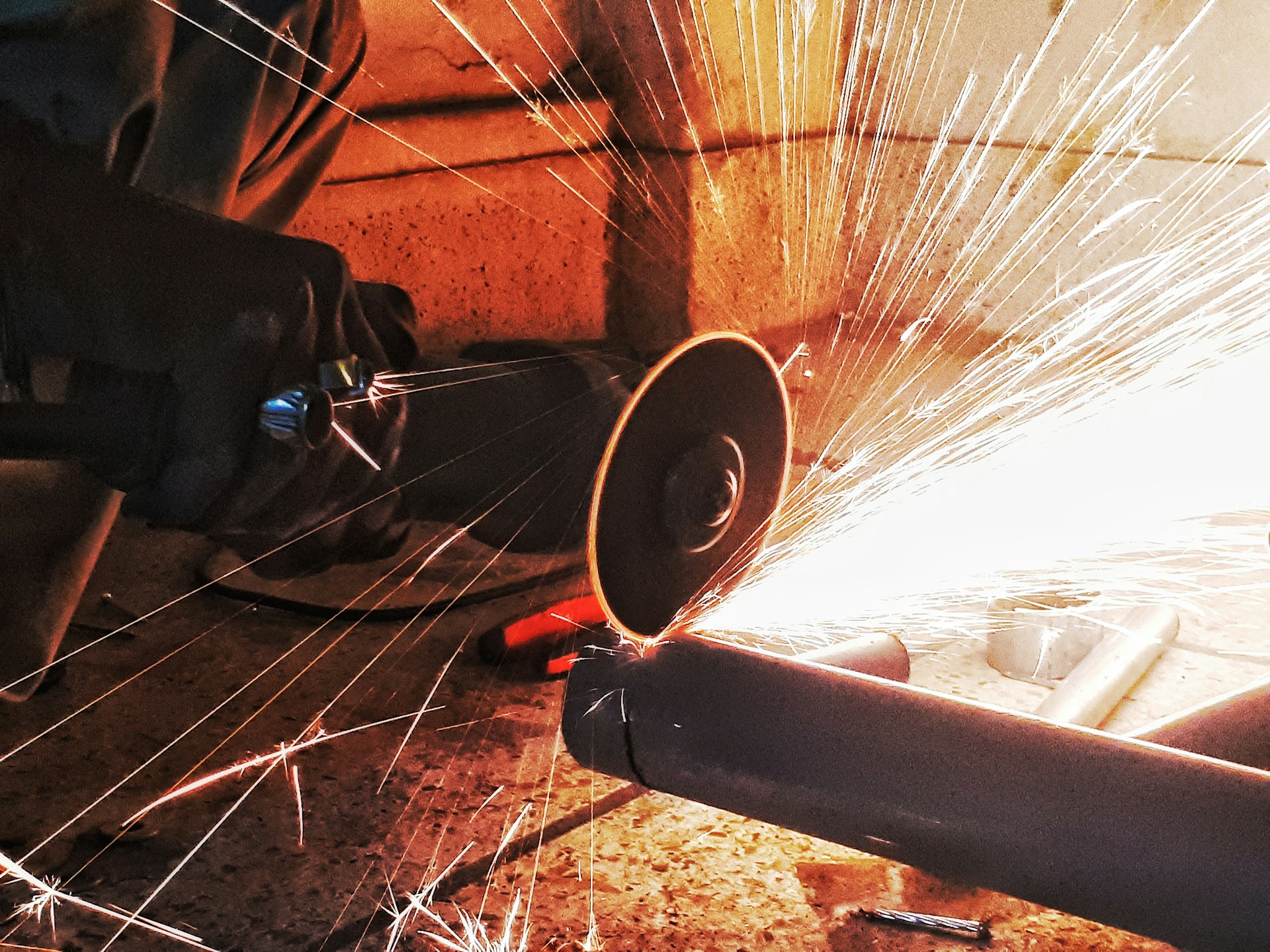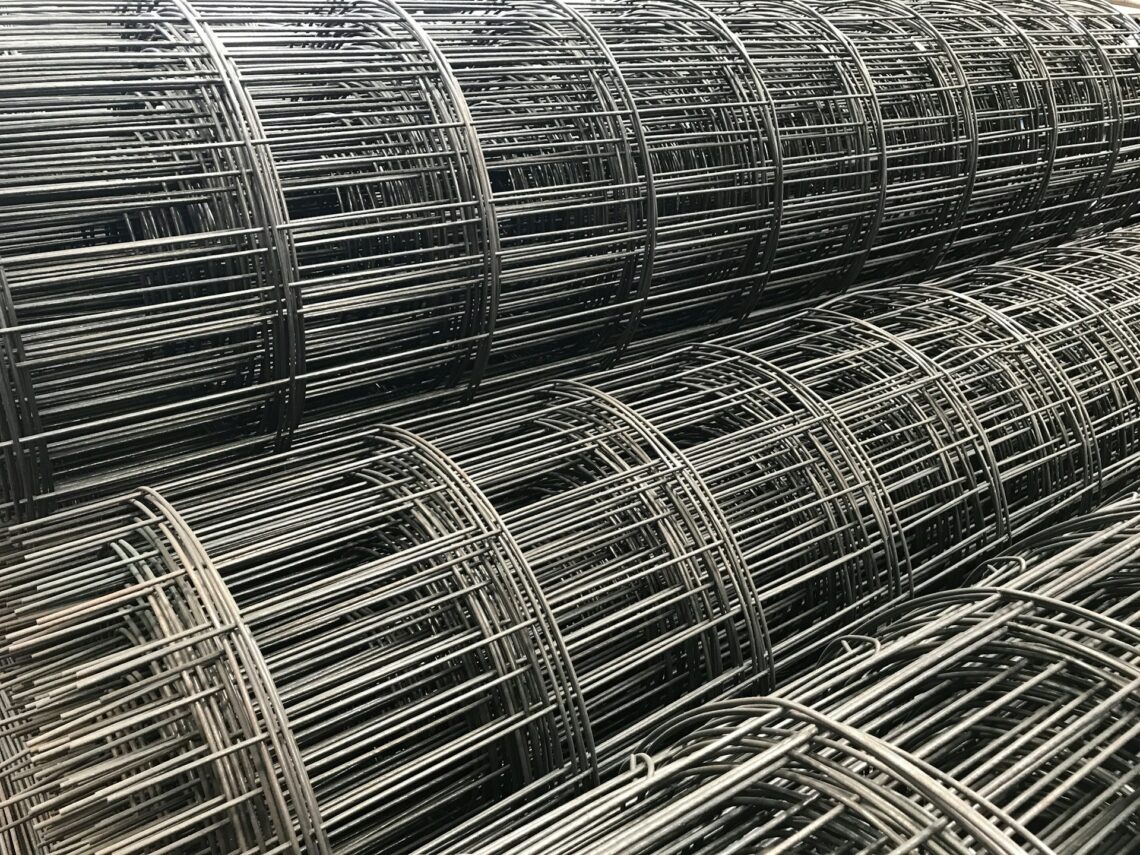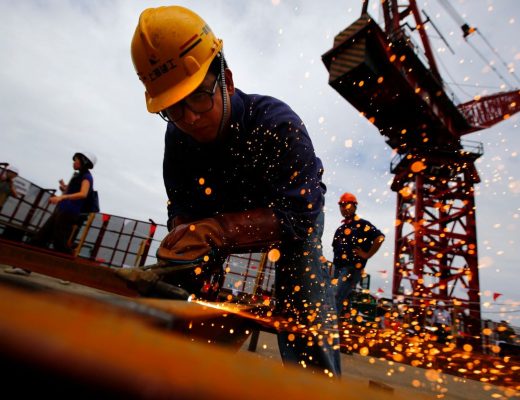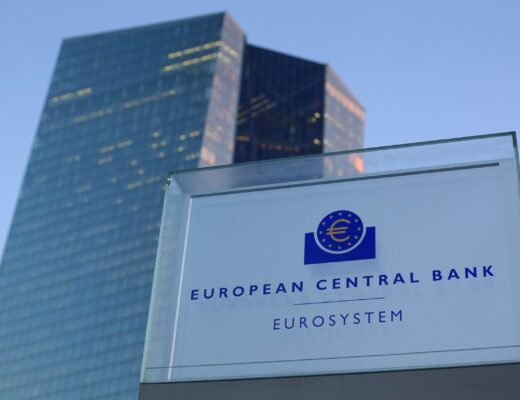State aid in Switzerland improves the situation in the sector
State aid in Switzerland aims to strengthen various economic sectors. At the end of 2024, the authorities approved a programme for the steel sector. The programme’s goal is to improve the industry’s competitiveness by providing incentives for large companies to pay for electricity.
To implement this initiative, the authorities have amended the Electricity Supply Act. The new provisions provide for partial exemptions from electricity charges for metallurgical companies if certain conditions are met. The exemptions are valid for four years (from 2025 to 2028). They apply to the four largest companies in the sector:
– Stahl Gerlafingen steelworks;
– the manufacturer Steeltec;
– aluminium producer Constellium;
– aluminium producer Novelis.
Conditions for granting incentives
Companies receiving aid will be subject to a rigorous screening process and will be required to:
– provide a business plan that discloses the mechanisms for operating production;
– not pay dividends to shareholders or make other special payments.
In addition, the government has imposed several requirements on the canton where the facility is located. For example, the local authorities must provide the companies with at least 50% of the benefits granted.
The changes in the law imply the following support for the representatives of the metallurgical industry:
– in the first year of the programme, electricity tariffs will decrease by 50%;
– second year – by 37.5%;
– third year – by 25%;
– by 12.5% in the fourth year.
Need for state support
The Swiss steel sector has been in trouble for about two years. As Bloomberg notes, the Swiss government has traditionally followed a policy of non-intervention. According to the authorities, this approach has created a healthy and competitive atmosphere for business development. However, the situation in the steel sector required the introduction of certain measures to avoid a crisis. The signal for government intervention came when Swiss Steel announced plans to cut hundreds of jobs. This could have a significant impact on the country’s economy. At the beginning of 2024, Stahl Gerlafingen announced the closure of its production facilities. It reversed this decision after being offered state aid.
One reason for the reduction in production was the increase in electricity prices. Lower demand for steel from the European Union and the US is also aggravating the situation. In addition, the strong Swiss franc makes it unprofitable for the industry to sell its products.
The government’s initiative should help support the production activities of key companies, save jobs and strengthen Switzerland’s position in the steel industry in the face of global economic challenges.










